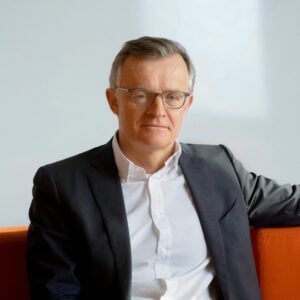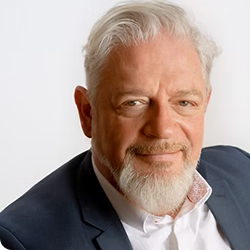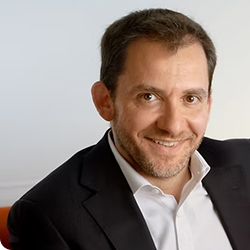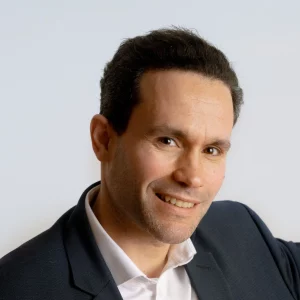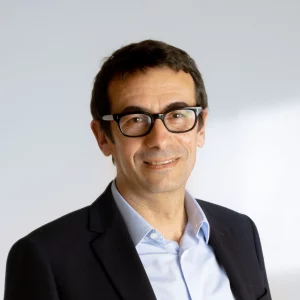Operations
Operational excellence, lean management, simplification, EBIT recovery… there are many terms used to describe the quest for or return to sustainable competitiveness, driven by teams and embedded in their reflexes. Gradually, the scope of reflection has broadened, and the entire operational model of the company is being reconfigured to deliver long-term value, beyond cost reductions and expenditure control.
How we support
our clients
At Kéa, we firmly believe that there can be no sustainable business model without responsibility. With the acceleration of discussions on industrial relocation, circular economy, the development of environmentally and socially responsible models, resource networking, etc., the move towards ‘responsible competitiveness’ is already underway in various forms within companies. To support this transformation and maximize its impact, we have developed an approach based on the ‘Positive Operating Model’, which reconciles responsibility and competitiveness:
- Responsibility: designing, creating and selling responsibly, in a more sustainable and local way, based on a new approach to value, performance and collaboration within sectors;
- Competitiveness: developing agile and optimized operating models in terms of total costs (R&D, purchasing, production, sales and distribution, recycling, reuse and obsolescence costs).


To support the transition towards ‘responsible competitiveness’ and maximize its impact, we have developed an approach based on the ‘Positive Operating Model’, which reconciles responsibility and competitiveness.
Our
capabilities
Purchasing
performance
Tomorrow’s procurement will be Sourcing Push or it will cease to exist…
At the intersection of all the company’s ecosystems, the strategic positioning of the procurement function is more than ever necessary as its performance must be analyzed according to four major challenges to ensure the company’s competitiveness and sovereignty:
- its contribution to economic performance: financing growth, increasing margins, optimising costs, etc.
- its ability to protect the brand: regulatory compliance, business continuity, risk anticipation, etc.
- its dynamic management of an Augmented SRM: reciprocal commitments, capturing innovation, co-development, etc.
To achieve this, the procurement function must transform itself, moving from:
- a primarily bottom-line performance to a stronger contribution to the top line;
- a market knowledge approach to (co-)developing sectors to create the market;
- a linear logic to a circular logic;
- ‘short-sighted’ decision-making and risk management in the supply chain to the identification of causal links through data and the opportunities offered by AI;
- a prescriptive relationship to a value partner relationship that integrates ecosystems.
With 25 years of experience, we help purchasing departments meet their responsible transformation challenges: sustainable cost control (200+ projects, 10% average performance, 50 experts), risks and externalities, search for competitive advantage (eco-design, redesign/value to cost of the value chain, acceleration of TTM, new markets, etc.), development of synergies with the ecosystem and the local/regional economic fabric.


Operations
of the future
Operations are undergoing multiple changes, including the rise of mass customization, the development of ‘Make and Buy’ and ecosystems, agility, the emergence of a data and services supply chain, the growing importance of CSR issues, etc., accelerated by the development of new technologies. We are committed to supporting our clients through this complex transformation, which is global in nature and affects vision, production systems, skills and management methods.
Our clients come to us on a wide range of issues: what industrial and supply chain ecosystems should be built for tomorrow? What technological opportunities should be invested in now?
How can you simultaneously manage your current legacy and accelerate digital transformation? How can you initiate the cultural and managerial changes that will drive transformation? We leverage our triple expertise (business, technology and transformation) and our multidisciplinary ecosystem, which provides access to a wide range of innovations, technologies and use cases, to find answers to these questions in a spirit of co-construction with our clients.

Lean
& Operational Excellence
While traditional operational excellence methods can reduce costs by 20 to 30 per cent, three out of four companies feel they have not made any real progress over time.
The top-down deployment of these methods makes them ‘just another issue’ competing with other challenges facing the company, which struggles to mobilize teams and maintain a dynamic of continuous progress throughout the organization.
To address these challenges, Kéa has developed a ‘lean for value’ approach that combines three complementary values:
- customer value (customer satisfaction, processing times, quality of service, once & done),
- shareholder value (productivity, costs, quality, deadlines, capacity utilization, time to market)
- and team value (business expertise, elimination of irritants, accident rates, motivation).
The projects we carry out with our clients aim to increase the value-to-energy ratio by combining these three values (client, shareholder, team). To achieve this, we are committed to implementing three major cultural shifts:
- developing an obsession with value, beyond the pursuit of excellence;
- convincing people that progress is always possible, beyond the achievement of performance;
- turning managers into coaches, beyond their role as leaders and controllers.

Supply
Chain
With resources becoming increasingly scarce, geopolitical tensions rising, and sustainability and transparency issues coming to the fore, supply chain management has become a key challenge for businesses.
We help our clients secure and optimise their supply chains, in particular by:
- adapting their logistics plans to support their growth (e.g. European footprint);
- managing the impact of taxation on the supply chain and logistics flows;
- optimising service levels, costs and working capital requirements;
- modernising tools.
Our expertise in both upstream and downstream supply chains, our knowledge of industry sectors, our strong analytical capabilities and our mastery of digital solutions through our dedicated data, AI and technology division (link to the dedicated Expertise page), as well as our ability to align the Commercial, Finance and Tech functions, enable us to identify applicable levers that deliver concrete results.
Our
strategic collaborations
These projects reflect our commitment to helping our clients combine economic, social and environmental performance in the pursuit of sustainable success.


